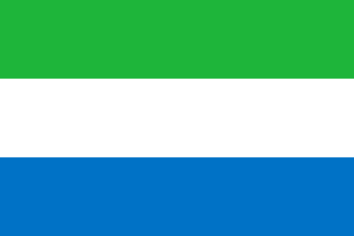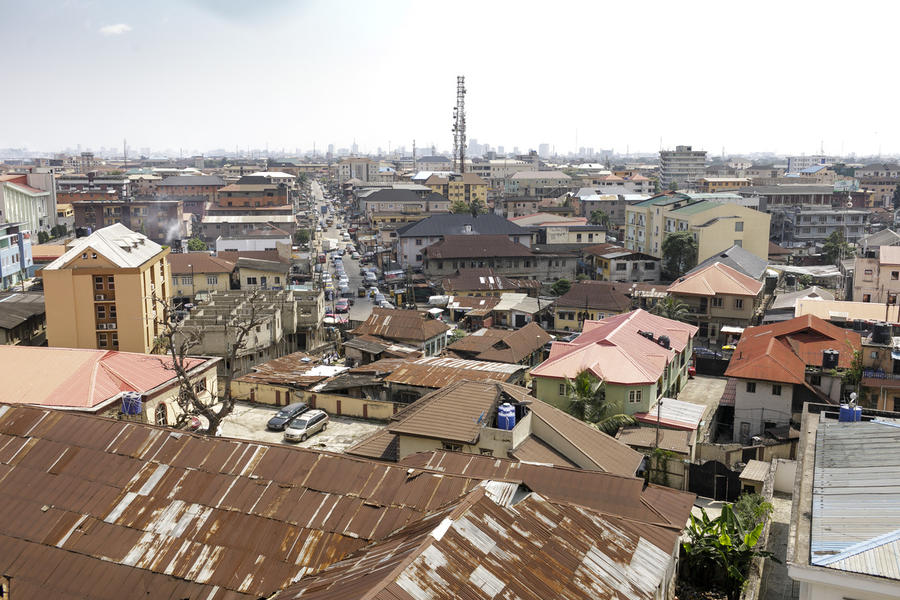
Sierra Leone
Recent reform steps
In order to foster domestic revenue mobilisation, Sierra Leone has recently undertaken the following reforms:
-
Implemented the Integrated Tax Administration system for automation and integrated of domestic taxation;
-
Implemented Customs Electronic Single Window for processing, approval and clearance of duty waiver goods;
-
Implemented an electronic fiscal device system for administration of Goods and Services Tax;
-
Commenced a block management system for enhancing the compliance of small, medium and micro taxpayers;
-
Commenced the implementation of the Domestic Tax Preparer Scheme for improving compliance of SMEs.
Progress achieved in 2019
Progress made towards increasing domestic revenue mobilisation include:
-
The rollout of ASYCUDA World at the Queen Elizabeth II Quay, Kissy Terminal (where transactions of Oil Marketing Companies were captured helping account for more revenues from the petroleum sectors), SALPOST, Freetown International Airport, and the Guinea land border;
-
The introduction of Saturday Customs operations in August 2019 including the construction and operationalisation of in-house banking facility at the Customs;
-
Strengthened collaboration with revenue collecting MDAs and Treasury Single Account (TSA) agencies, thus consolidating non-tax revenue performance;
-
Enhanced taxpayer education and sensitisation through the weekly televised “NRA Hour”, launch of a half yearly newsletter, development and launch of a comprehensive Tax Guide, use of social media to share articles around the work of the revenue administration, and taxpayer workshops;
-
Continued liberalisation of petroleum prices to remove subsidies;
-
Use of third parties to recover tax arrears as legislated in the Finance Act 2019;
-
Close monitoring of revenue performance through weekly NRA revenue meetings and weekly Economic Management Team meetings at Statehouse;
-
Increased data analysis and investigations of taxpayers and implantation of a payment tracking system for monitoring non-tax payers;
-
Conduct of conference examination of taxpayer accounts with the advantage of speeding up the number of accounts examined and introducing transparency in the assessment process;
-
Enhancement of the taxpayer register through a rigorous field verification exercise;
-
Enactment of the Finance Act 2019 that contained important provisions for enhancement of domestic revenue;
-
Expansion of the number of agencies collecting and paying into the Consolidated Revenue Fund consistent with amendment of the FMCA 2017;
-
Implementation of several measures to reduce corruption in revenue administration.
Ensuring policy coherence for development
Sierra Leone finished implementing a Medium-Term Revenue Mobilisation Strategy 2017 – 2020 and is now developing another for 2021-23 that provides a coherent strategy for mobilisation of domestic revenue inclusive of Tax Policy, Tax Administration and Public Financial Management reforms. Sierra Leone’s commitment to promote policy coherence for development is demonstrated by:
-
Domestic policies to address illicit financial flows, particularly the repatriation of export proceeds;
-
Efforts to strengthen international tax cooperation, engaging with the ATAF on capacity building, the International Centre for Tax and Development on revenue administration, and the OECD and ATAF on Inclusive Framework on BEPS and automatic exchange of information;
-
Drafting a tax exemption policy awaiting cabinet endorsement in an effort to promote tax incentives for investment;
-
Participating in the ATAF Double Taxation Treaty;
-
Maintaining export fees on timber exporters to ensure reforestation;
-
Maintaining a progressive tax system under a Pay-As-You-Earn design to support equitable taxation practices.
